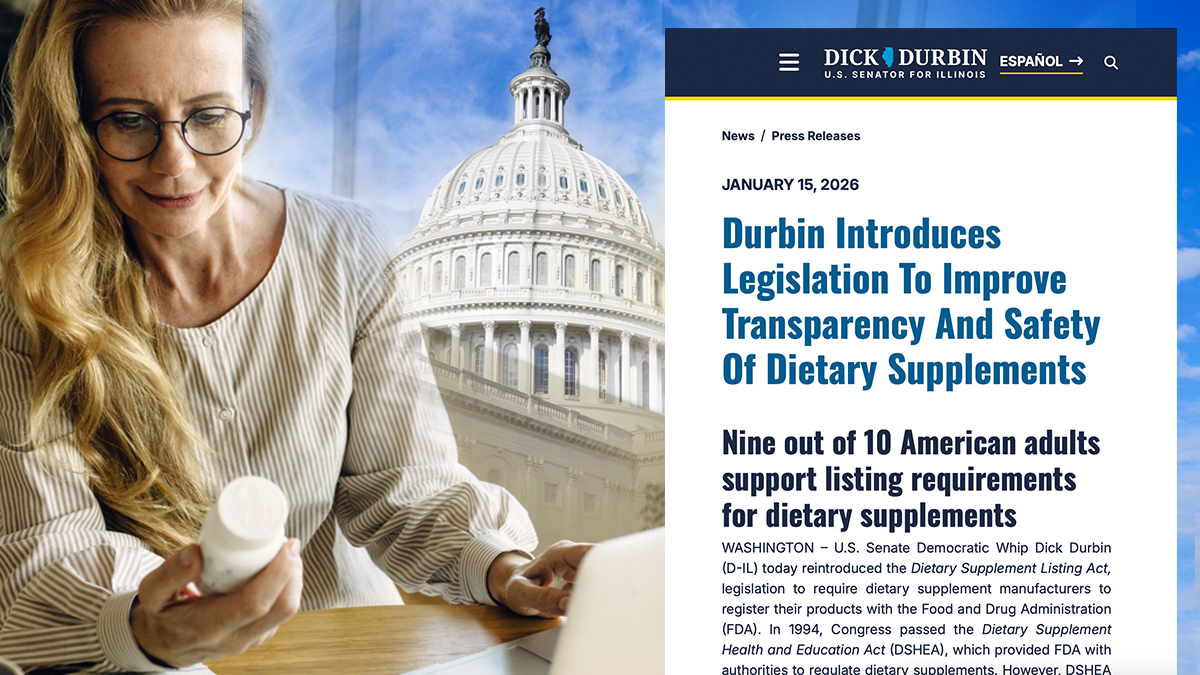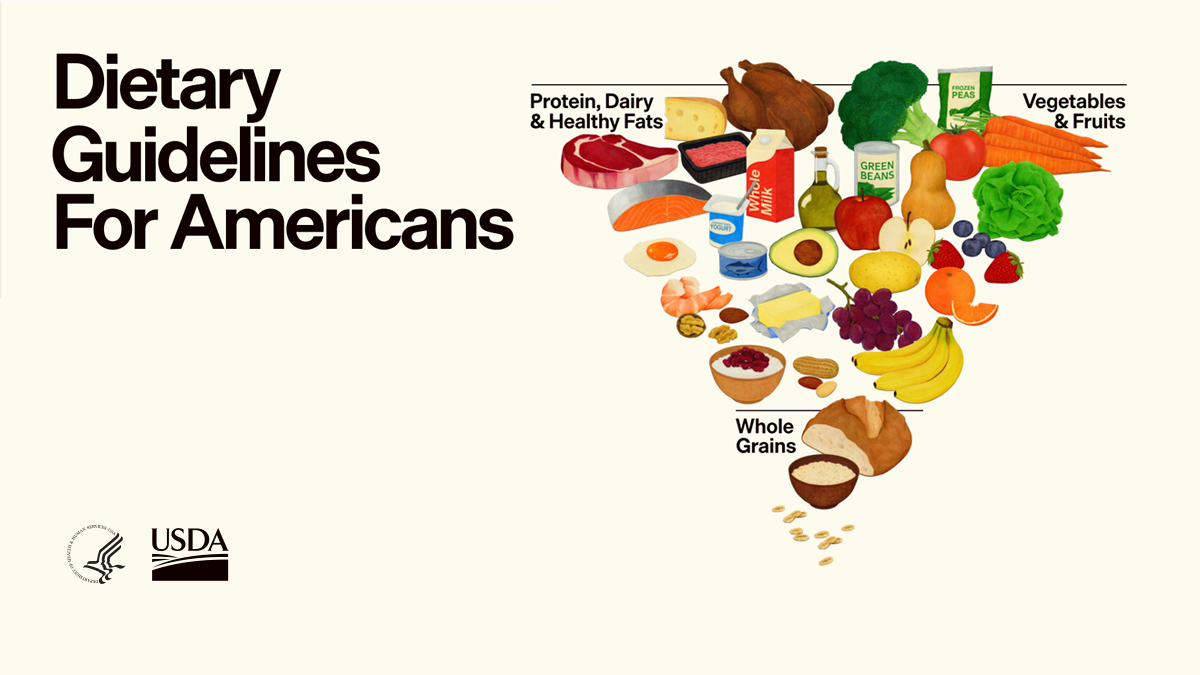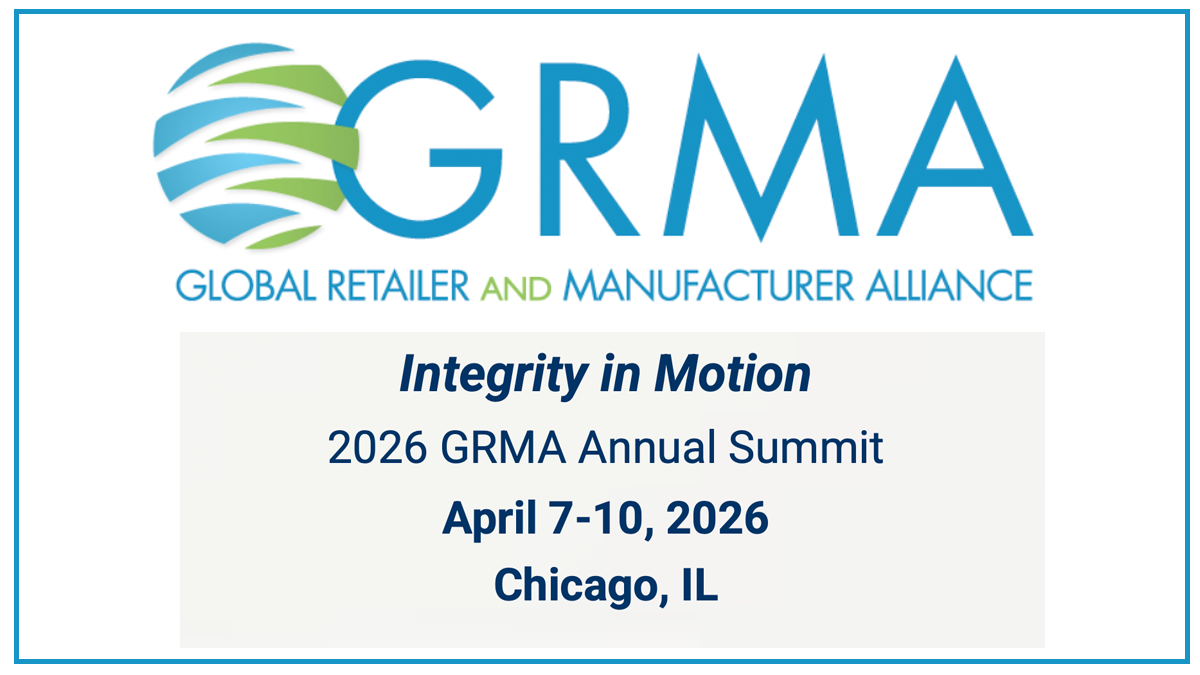JANUARY 2026

Past Editions—Need to Know Archives
IN THIS EDITION:
Here’s what retailers need to know:
- FDA announces enforcement discretion on the placement of disclaimers; announcement may forestall litigation against supplement brands and retailers
- Does California’s new expiration date labeling law apply to dietary supplements? Implications could be nationwide and CRN seeks clarity
- CRN advocates for Dietary Supplement Listing Act; product registry would benefit consumers, retailers, regulators, and responsible industry
- Latest Dietary Guidelines recognize role of dietary supplements in nutrition
- ‘State of the Supplement Industry’ commentary—CRN’s Mister reviews top issues of 2025 and shares 2026 outlook
- Co-create standards for your supplement aisle with GRMA
FDA announces enforcement discretion on the placement of disclaimers; announcement may forestall litigation against supplement brands and retailers
Everyone has seen the ubiquitous FDA disclaimer that appears on most supplement labels:

But questions have been raised whether this disclaimer language must be repeated on every panel of a label that contains such claims.
On Dec.11, FDA announced that it intends to exercise enforcement discretion regarding that requirement for the DSHEA disclaimer to appear on each panel of a product label where a 403(r)(6) claim appears.
In an open letter to manufacturers, distributors and retailers, FDA also stated it is considering requests to amend the regulation (21 CFR 101.93(d)) to remove the requirement for the DSHEA disclaimer to appear on each panel of a product label where there is a 403(r)(6) claim. FDA said it believes the change would be consistent with section 403(r)(6)(C) of the FD&C Act while reducing label clutter and unnecessary costs. Further, FDA recognizes that it has rarely, if ever, enforced this requirement.
CRN urged FDA to make this pronouncement as numerous class action cases have been filed arguing that this technical violation of the regulation is deceptive to consumers. The law itself requires on “prominent” placement of the disclaimer and allows for the use of an asterisk (*) or similar symbol to help consumer navigate from the claim to the disclaimer.
Does California’s new expiration date labeling law apply to dietary supplements? Implications could be nationwide and CRN seeks clarity

CRN is engaging with California regulators to secure clear, written confirmation that dietary supplements are not subject to new date-labeling requirements for “food items” so that brands and retailers can plan with confidence well ahead of the law’s implementation date.
California AB 660 standardizes shelf-life date labeling for “food items for human consumption,” effective July 1, 2026, and requires the use of specified terms such as “BEST if Used by” and “USE by” while prohibiting other date-labeling terminology.
How we got here: CRN engaged with the legislation’s author during the bill’s development and received assurances that dietary supplements were not in scope; however, subsequent to the bill’s passage, discussions have raised questions about whether there could be enforcement against dietary supplements due to the vague nature of the law.
As supplements are typically distributed nationally, it would be infeasible to create distinct expiration date language for one state, so the California requirements, if applicable, could impact labels and sow consumer confusion nationwide.
CRN aims to ensure implementation reflects the intent communicated during the bill’s development and avoids unnecessary disruption to existing supplement labeling practices.
What’s next: CRN has reached out to the California Department of Food and Agriculture (CDFA) to secure clarification and concurrently to Sacramento-based consultants to explore legislative options that would provide additional clarity regarding the treatment of dietary supplements under the law. CRN will keep its members and retail partner contacts updated.
CRN advocates for Dietary Supplement Listing Act; product registry would benefit consumers, retailers, regulators, and responsible industry

CRN welcomed the introduction of the Dietary Supplement Listing Act of 2026 by Sen. Dick Durbin (D-IL), marking a significant milestone in the association’s years-long effort to modernize oversight of the dietary supplement marketplace through a federal dietary supplement registry.
What we’re saying: “In an era when the Administration has rightly called for more transparency about what we eat and how food is made, it makes sense to apply that same transparency to dietary supplements,” said Steve Mister, President & CEO of CRN. “Consumers deserve to know what products are on the market and what they contain—and FDA needs that same information to do its job effectively.”
The Dietary Supplement Listing Act of 2026 would require supplement manufacturers, packers, or distributors to submit basic product information already found on labels to FDA, including product names, ingredient lists, directions for use, allergen statements, and electronic copies of labels. The bill directs FDA to create a publicly searchable database, while protecting confidential business information and proprietary blend quantities.
Importantly, the legislation preserves the existing regulatory framework of the Dietary Supplement Health and Education Act (DSHEA) and does not authorize FDA to require premarket approval of supplements.
Go deeper: Listen to CRN’s Supplement Source podcast or read Mister’s recent byline for more on what the legislation does, what it doesn’t do, and why this moment matters now.
Latest Dietary Guidelines recognize role of dietary supplements in nutrition

CRN applauded the recognition of the role dietary supplements can play in helping Americans meet nutrient needs in the recently released 2025–2030 Dietary Guidelines for Americans.
Evidence consistently shows that Americans fall short of many key nutrients, including vitamin D, calcium, potassium, and dietary fiber. Supplement use has been shown to help reduce the prevalence of nutrient inadequacy. CRN has long underscored the importance of addressing life-stage-specific nutrient needs in the Dietary Guidelines, including infancy, adolescence, pregnancy and lactation, and older adulthood.
Consistent with CRN’s public comments, the new guidelines maintain that supplementation should be considered in special populations in consultation with health care professionals.
CRN noted that, while nutrient-dense foods remain foundational, practical science-based use of supplements can help address persistent population nutrient shortfalls. CRN said the acknowledgment reinforces the value of informed consumer conversations about supplement use guided by healthcare professionals.
‘State of the Supplement Industry’ commentary—CRN’s Mister reviews top issues of 2025 and shares 2026 outlook

CRN President & CEO Steve Mister described 2025 as a year of recalibration, alignment, and increased accountability for the dietary supplement industry in Nutraceuticals World’s State of the Supplement Industry review.
While the new administration’s Make American Healthy Again (MAHA) agenda initially sparked optimism around preventive health and nutrition, the past year demonstrated that progress would be more incremental than transformative, Mister explained. Rather than a sweeping shift, 2025 became a period of adjusting expectations—aligning industry priorities with evolving policy realities while reinforcing the supplement sector’s long-standing commitment to proactive wellness.
In NutraIngredients-USA, Mister reflected on a year of change and challenge for the dietary supplement industry and shared how patience, persistence, and pragmatism guided CRN’s work throughout 2025 on issues including advancing the growing momentum to classify dietary supplements as qualified medical expenses under flexible spending accounts (FSAs) and health savings accounts (HSAs), confronting state efforts to impose age restrictions on certain supplements, pushing for regulatory clarity on drug preclusion, and more.
In Whole Foods Magazine, Mister discussed whether 2026 will be the year that supplements finally get their due. “While some have grown impatient with the pace of change, we are focused on what comes next. Looking ahead to 2026, CRN sees a rare opportunity to advance meaningful reforms with a supportive Administration and a Congress that appears ready to move beyond rhetoric and actually make America healthier,” Mister stated.
Co-create standards for your supplement aisle with GRMA
Retailers looking to implement standards for the dietary supplements they sell are encouraged to join the Global Retailer and Manufacturer Alliance (GRMA) and use the requirements for certifying GMP compliance and product testing that have been collectively established by the industry and retailers. Learn more about GRMA and its 2026 summit taking place April 7–10 in Chicago.


